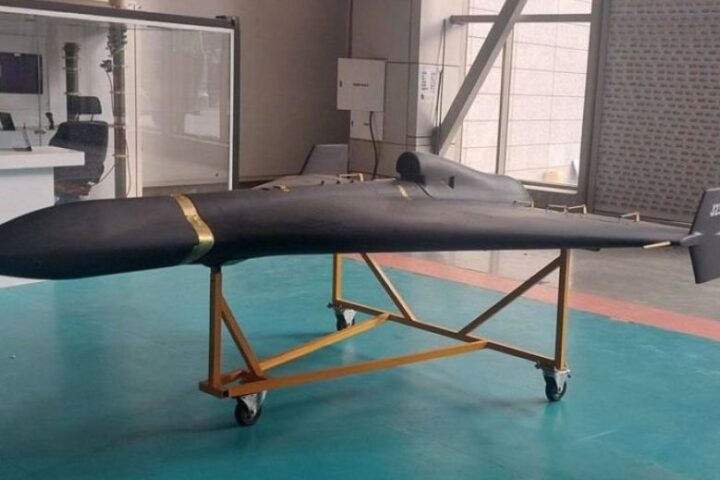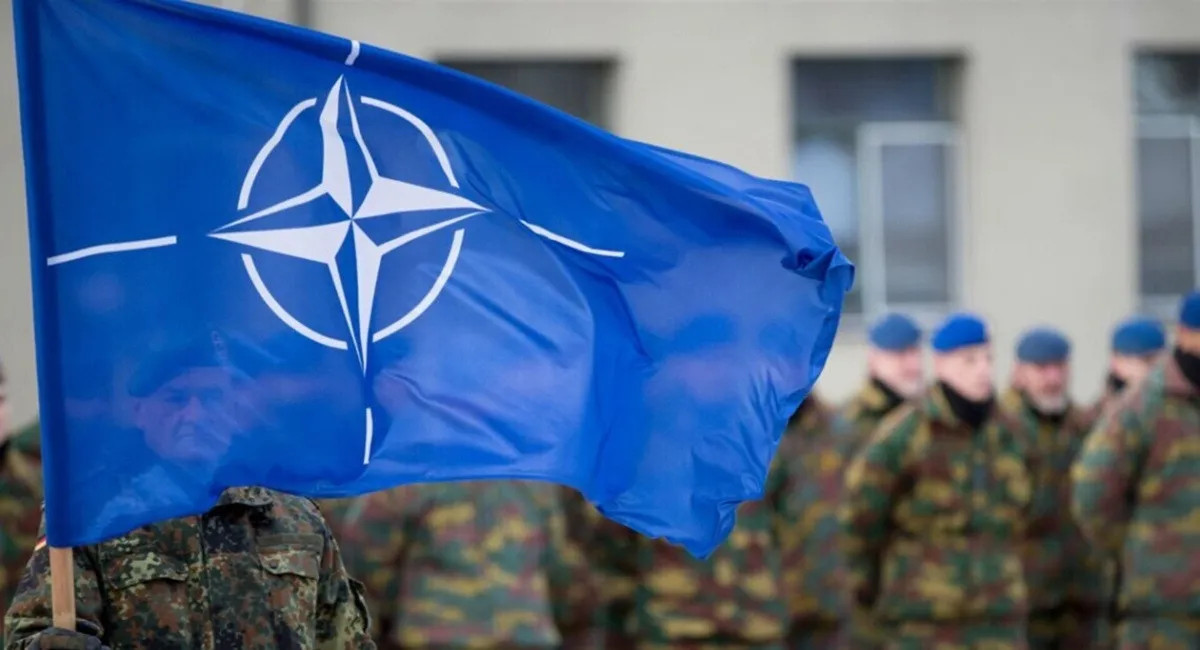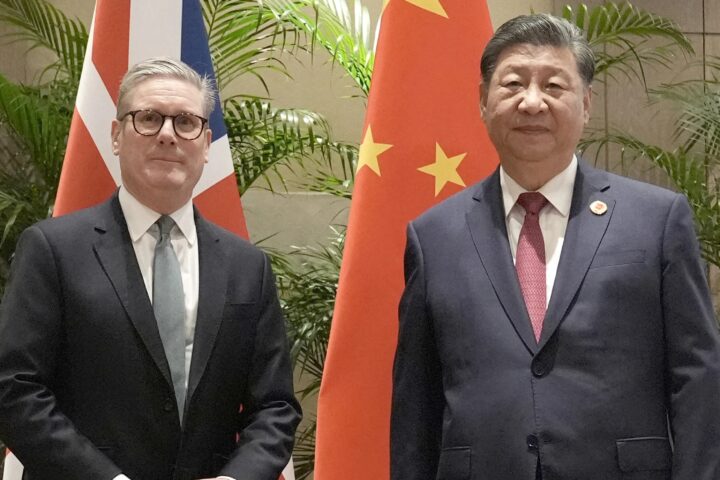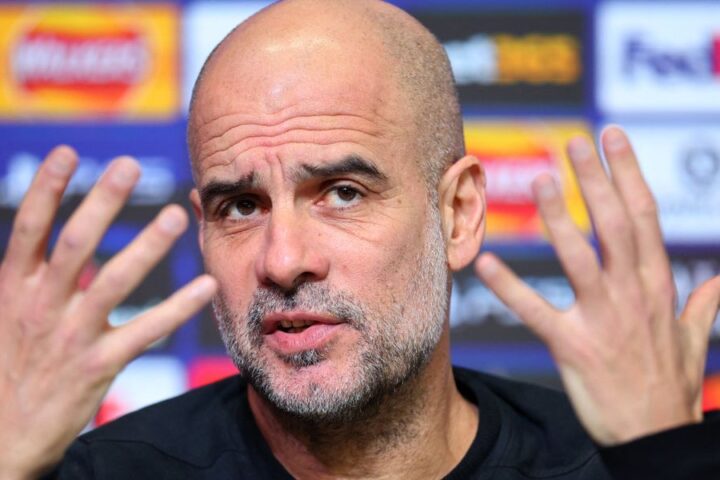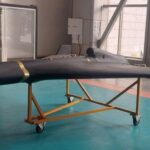Russia may have received thousands of tons of weapons from Iran in late 2024, according to an investigation published on August 18, 2025 by the Russian outlet Meduza. Drawing on logistics records and satellite imagery provided by the U.S.-based NGO C4ADS, the report indicates that between November 1 and 28, 2024, up to 4,610 tons of Iranian weaponry, often labeled as “explosive materials” in shipping documents, were delivered to Russia. The shipments reportedly entered through the port of Olya in Astrakhan region before being transported by rail to major military depots in Volgograd region and North Ossetia.
Port of Olya as a strategic hub
The port of Olya has become a crucial hub in the transport corridor between Russia and Iran, facilitating not only grain and livestock trade but also arms transfers. Over a quarter of these shipments were arranged by Hossein Shamkhani, a businessman and son of a senior adviser to Supreme Leader Ali Khamenei. The port’s majority shareholder, Jamaldin Pashayev, was sanctioned by the United States in 2024. According to C4ADS, containers carrying munitions were dispatched to the Kotluban station in Volgograd and the Lukovsky station in North Ossetia, both serving large ammunition storage complexes run by Russia’s 1060th logistics center.
Military cooperation deepens
Military ties between Moscow and Tehran intensified after April 2023, when reports of Iranian arms supplies to Russia first emerged. In September 2023, then-defense minister Sergei Shoigu led a delegation to Tehran, where discussions focused on ballistic missile sales. By December that year, the sides had signed a contract for Fateh-360 short-range missiles, despite subsequent denials. Western governments, including the U.S., France, Germany and the UK, accused Iran of supplying missiles to Russia, while both Moscow and Tehran rejected the claims.
Ukrainian strikes and broader consequences
Ukraine has repeatedly targeted the port of Olya due to its role in arms shipments. On April 18, 2025, Ukrainian forces attacked the port, and on August 15 they struck the vessel “Port Olya-4,” reportedly loaded with Iranian ammunition. Meanwhile, in January 2025, Presidents Vladimir Putin and Masoud Pezeshkian signed a strategic partnership treaty, covering political, military and cultural cooperation. Both states continue to deny arms transfers despite mounting evidence.
Strategic implications for global security
The flow of Iranian weaponry has enabled Russia to replenish depleted stockpiles of artillery shells, mortar rounds and rockets, sustaining the intensity of its war against Ukraine. It also forces Kyiv to use expensive Western air defense systems against Iranian-made drones, straining Ukrainian resources. Beyond battlefield dynamics, the partnership boosts Iran’s geopolitical status and raises Western concerns that Russia may share nuclear-related technology in return. Analysts warn that such cooperation undermines sanctions regimes and exposes significant loopholes in international pressure mechanisms, reinforcing a new axis of authoritarian states openly challenging the global order.

